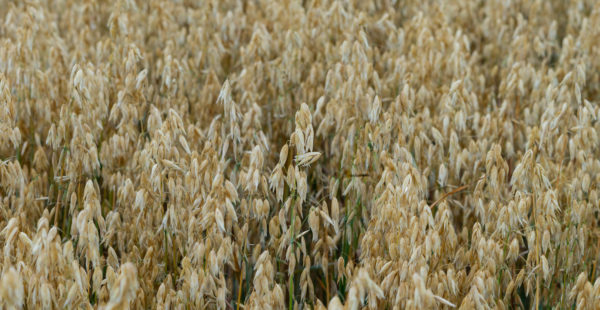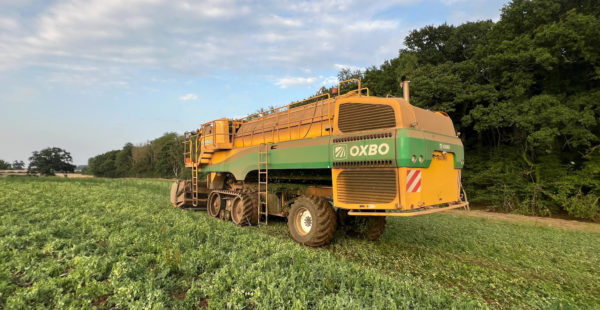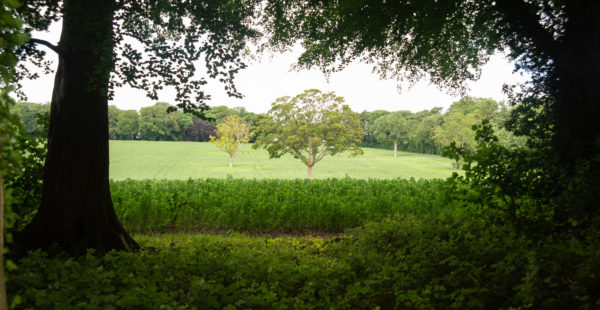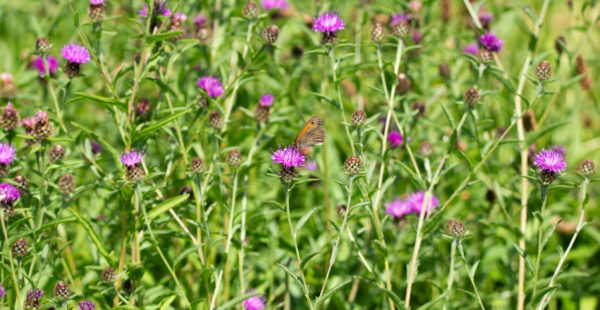60,000 Workers, Waggle Dancing & Threadbare Wings: Beekeeping with Will
A few weeks ago, Gemma Kedzior told us all about a remarkable team of Estate workers. Our honey bees are a real asset to South Ormsby Estate and Gemma is learning the art of beekeeping with a view to relocating and expanding our hives.
Gemma will be sharing the joys of apiculture with our lucky Saturday Club workers and Conservation Club volunteers, and one day in the not-too-distant future we hope to be selling our very own honey. Helping Gemma to learn the craft is local honey-bee expert, Will Hamilton. We caught up with Will to hear all about these wonderful workers.
“I’m a Lincs lad,” said Will. “I grew up in North Thoresby, a typical country village. I didn’t see honey bees in my garden as a kid and it made me aware that they couldn’t be taken for granted. When I was a really small boy in Humberston, George Fisher was an almost mythical local character to me. He was formerly of Brocklesby Estate and my mother would tell stories about him. He would put on a bee-keeper’s suit and stand on the road and you could just watch the reaction. Those childhood memories got me into honey bees. Not so long ago, they were so thin on the ground they were close to extinct.
“Mine’s a food-manufacturing family and I worked in the trade from the age of 14. I later went to business school and I’ve got qualifications including a PhD in Rural Business. I’m a greenie. Not a stick-yourself-to-the-floor greenie, but a practical greenie. Mine’s a lifestyle business. I’m passionate about it, I find it fundamentally worthwhile and it gives me an income.
“I’m trying to keep it niche, local and artisan. I have a mix of products. I make some myself and some are made by others. I have honey pots from Oxcombe Pottery, for example. There is a local market for nice things that aren’t mass-produced. Consumers are sometimes surprised that local honey has a different taste. The strength and character of flavour vary widely depending on what the honey bees are feeding on, as does the colour.
“Dandelions make for bright yellow honey. In the Balkans, honey can be black, like molasses. Heather honey is a revelation and is packed with flavour. Light honey can have a citrus tang and dark honey can be full and malty. You can take bees to sea lavender if you want something very distinctive. Lime trees give you linden honey. I had uni friends from Iran and their bees forage on thyme and produce honey with a savoury, aromatic depth.
“Honey bees form model societies. They’re a collective organism in which females lead and do the work. Workers will sacrifice themselves for the greater good. They’re not entirely domesticated and not entirely wild. You can move them around but you can’t completely control them. It’s a bit like being a shepherd. You can relocate them but they forage for themselves.







